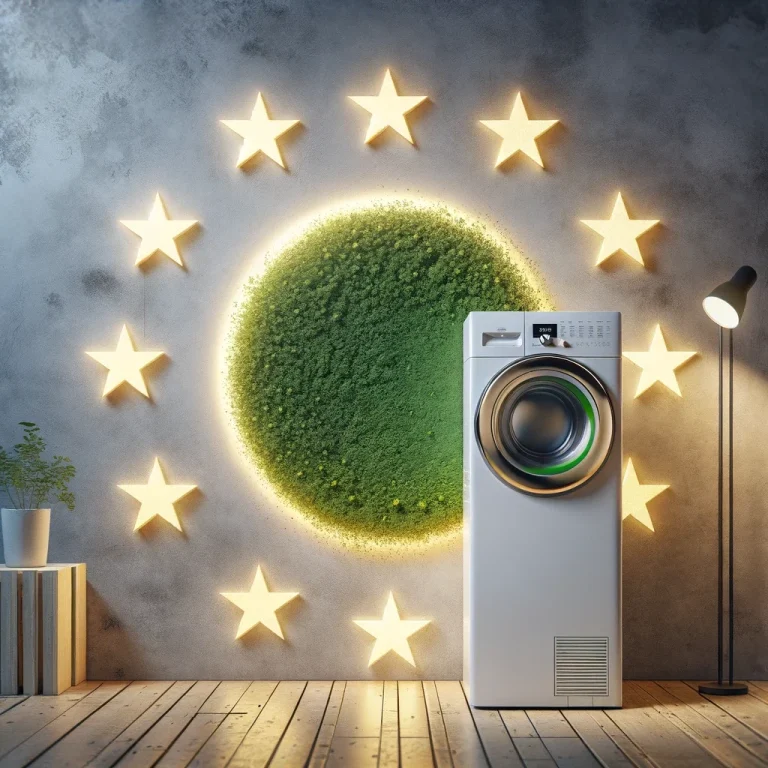Sprache: DE
EU Ecodesign:
from Directive to Regulation

Background
The existing EU Ecodesign Directive 2009/125/EC is to be replaced in future by the Ecodesign Regulation for Sustainable Products (ESPR). Each EU member state can implement and interpret a directive individually, with exceptions or restrictions. A regulation, on the other hand, must be implemented by the countries on a one-to-one basis, resulting in a high degree of standardisation, which is the aim of this future regulation.
Content of the future EU Ecodesign Regulation (ESPR)
- Improving recyclability and environmental compatibility
The new regulation aims to improve the circularity, energy efficiency and other environmental aspects of EU products. It builds on the existing EU Ecodesign Directive 2009/125/EC, which has already brought significant benefits for businesses, consumers and the environment.
- Ecodesign for sustainable products
The proposal for a new Ecodesign Regulation for Sustainable Products (ESPR), published on 30 March 2022, is a key part of the Commission's approach to greener and more circular products. The regulation will set ecodesign requirements for specific product groups to significantly improve their circularity, energy performance and other environmental aspects.
- Comprehensive requirements
The EU regulation allows for a wide range of requirements to be set, including product lifespan, reusability, upgradability, reparability, energy and resource efficiency, recycled content, remanufacturing and recycling, carbon and environmental footprints and information requirements, including a digital product passport.
- Digital Product Passport
The new Digital Product Passport will provide information on the environmental performance of products. This will help consumers and businesses make informed decisions when purchasing products, facilitate repairs and recycling and improve transparency about the environmental impact of products during their life cycle.
- International perspective and ongoing work
The rules proposed under ESPR apply to all products placed on the EU market, regardless of whether they are manufactured inside or outside the EU. The EU will continue to work with partner countries to improve the sustainability of their products. The Ecodesign and Energy Labelling Work Plan 2022-2024 builds on previous work and includes new energy-related products and an increase in ambition for already regulated products.
EU timetable on this:

or give us a call: +49 2443 994912-0
Sources
European Commission
We keep our customers up to date on innovations relating to the Ecodesign Regulation for Sustainable Products (ESPR).
Wir benötigen Ihre Zustimmung zum Laden der Übersetzungen
Wir nutzen einen Drittanbieter-Service, um den Inhalt der Website zu übersetzen, der möglicherweise Daten über Ihre Aktivitäten sammelt. Bitte überprüfen Sie die Details in der Datenschutzerklärung und akzeptieren Sie den Dienst, um die Übersetzungen zu sehen.
